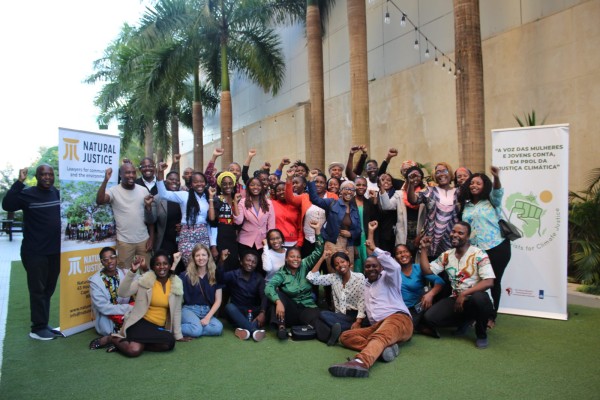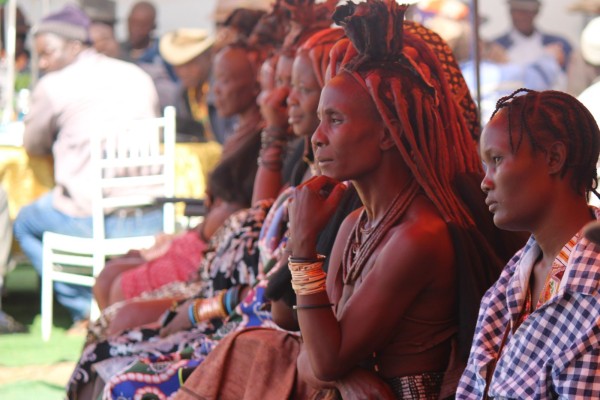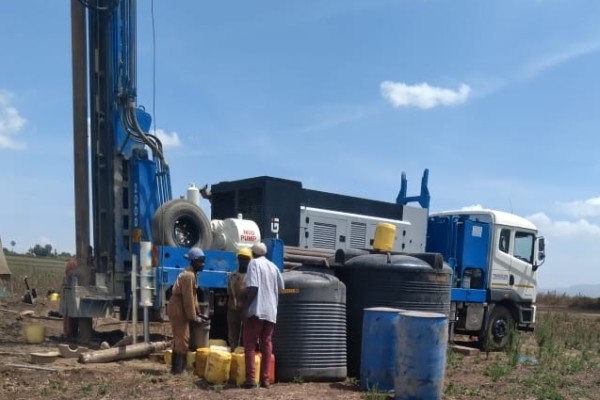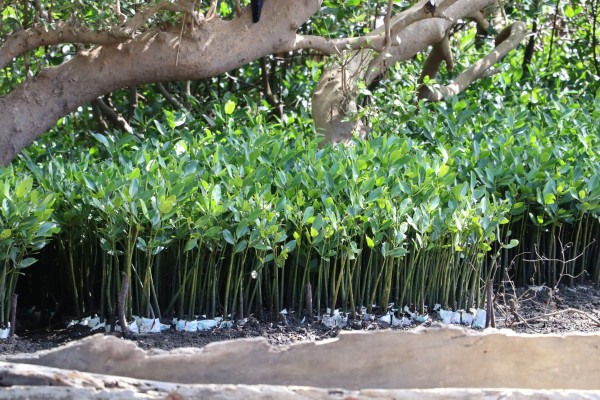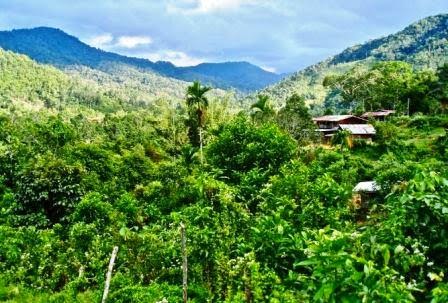 Recent publications have highlighted the importance of community rights in reducing deforestation and forest degradation (REDD+) a mitigation policy under the United Nations Framework Convention on Climate Change.
Recent publications have highlighted the importance of community rights in reducing deforestation and forest degradation (REDD+) a mitigation policy under the United Nations Framework Convention on Climate Change.A Special Feature in Ecology and Society on Beyond Carbon: enabling justice and equity in REDD+ across levels of governance, examines the complex landscape of justice and equity in REDD+ and the multiple levels of governance in which they play out. The papers illustrate the need for a greater integration of the human rights discourse in REDD+ as a means to improve equity outcomes, and disturbingly none provide evidence of a significant re-distribution of material benefits as a result of REDD+ initiatives. Interestingly, an analysis of Indigenous Peoples engagement in the UNFCCC REDD+ processes demonstrates that some indigenous actors have managed to ‘import power’ from human rights discourse to strengthen their influence over REDD+ decision-making.
Another recent publication Status of forest carbon rightsand implications for communities, the carbon trade, and REDD+ investments(Rights and Resources Initiative), examines the status of existing legal frameworks regarding community rights to trade carbon. Preliminary research in 23 countries implementing REDD+ indicates that it is generally extremely difficult for communities to assert rights to trade carbon sequestered in their customarily held forests. Furthermore, safeguards and institutional capacity are required for communities to claim and utilise rights were they do exist.
The authors also warn that REDD+ countries could choose to allocate all authority and rights to transfer emissions reductions to the state, which would reduce the states incentives to tackle land tenure reform. Key elements required to include communities in REDD+ include recognition of tenure rights, ensuring strong participation, clearly identifying communities as legal owners of carbon credits generated from their areas, and laws enabling communities to trade carbon.

